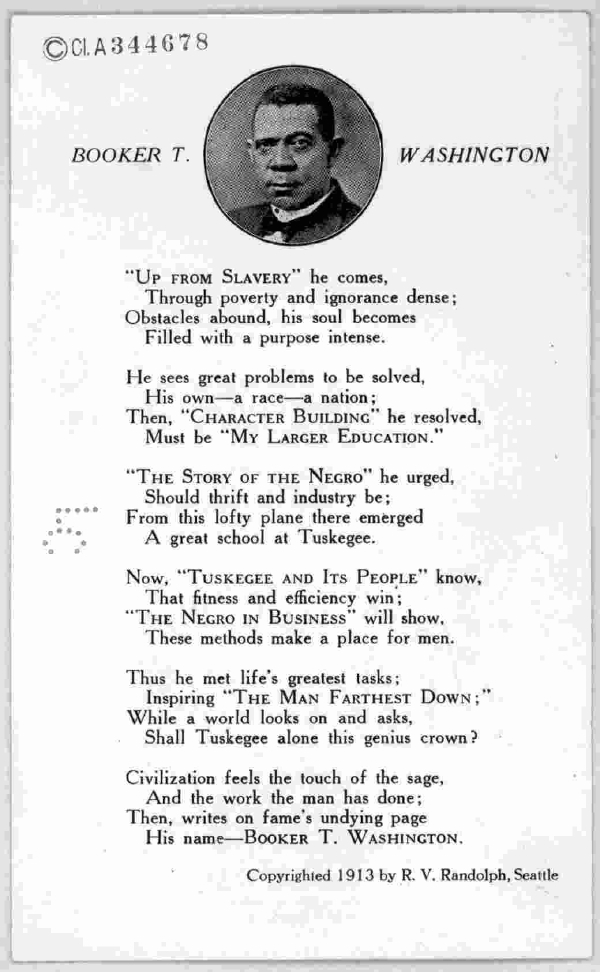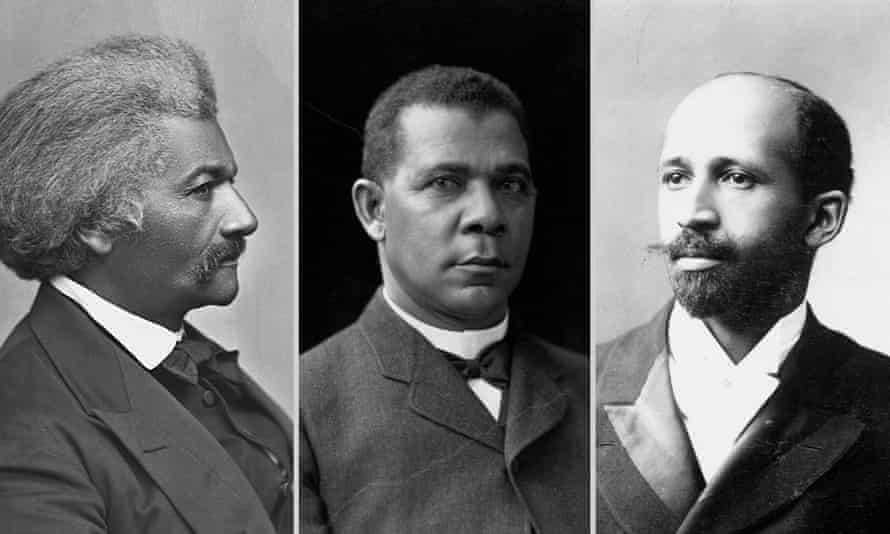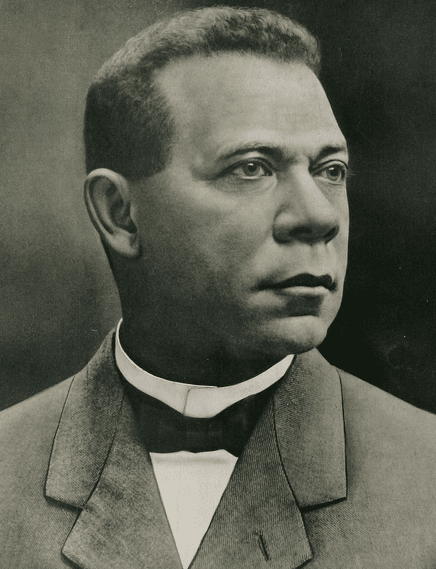Booker T. Washington, 1856-1915, Educator. Booker Taliaferro Washington was the foremost black educator of the late 19th and early 20th centuries. He also had a major influence on southern race relations and was the dominant figure in black public affairs from 1895 until his death in 1915. Born a slave on a small farm in the Virginia
Top 10 Sensational facts about Booker T. Washington – Discover Walks Blog
This article contends that in the period of his greatest political influence (1895-1905), Booker T. Washington called for a radical reimagining of American social and political life as a civilization characterized by reciprocity and equal dignity between the races. As this period corresponds with the nadir of black life in America, Washington has been derided as politically inept and his

Source Image: blogs.microsoft.com
Download Image
Feb 9, 2023Booker T. Washington was an author, educator, orator, philanthropist, and, from 1895 until his death in 1915, the United States’ most famous African American. The tiny school he founded in Tuskegee, Alabama, in 1881 is now Tuskegee University, an institution that currently enrolls more than 3,000 students. The most famous of the several books

Source Image: learner.org
Download Image
Booker T Washington | Guyanese Online
Furthermore, he supported racial uplift, but secretly also supported court challenges to segregation and to restrictions on voter registration. Black activists in the North, led by W. E. B. Du Bois, disagreed with him and opted to set up the NAACP to work for political change.

Source Image: britannica.com
Download Image
What Challenges Did Booker T Washington Face
Furthermore, he supported racial uplift, but secretly also supported court challenges to segregation and to restrictions on voter registration. Black activists in the North, led by W. E. B. Du Bois, disagreed with him and opted to set up the NAACP to work for political change.
Mar 5, 2015The Legacy Of Booker T. Washington Revisited. Let’s face it, Booker T. Washington has a serious image problem. He was perhaps the most influential black man in America during the late 1800s, but
Booker T. Washington | Biography, Books, Facts, & Accomplishments | Britannica
Booker T. Washington really wanted to go to school. Born on April 5, 1856—a time when most Black children weren’t educated—he wanted to go to school so badly that at 16, without money or a map, the former slave traveled 500 miles by foot and train across Virginia to enroll.. Inspired to spread knowledge to others, Washington later established and became the first principal and teacher of
Booker T. Washington – Biography, W.E.B. Dubois & Facts | HISTORY

Source Image: history.com
Download Image
Booker T. Washington Burial Society brochure | An early 1920… | Flickr
Booker T. Washington really wanted to go to school. Born on April 5, 1856—a time when most Black children weren’t educated—he wanted to go to school so badly that at 16, without money or a map, the former slave traveled 500 miles by foot and train across Virginia to enroll.. Inspired to spread knowledge to others, Washington later established and became the first principal and teacher of

Source Image: flickr.com
Download Image
Top 10 Sensational facts about Booker T. Washington – Discover Walks Blog
Feb 9, 2023Booker T. Washington was an author, educator, orator, philanthropist, and, from 1895 until his death in 1915, the United States’ most famous African American. The tiny school he founded in Tuskegee, Alabama, in 1881 is now Tuskegee University, an institution that currently enrolls more than 3,000 students. The most famous of the several books

Source Image: discoverwalks.com
Download Image
Booker T Washington | Guyanese Online
Booker T. Washington, 1856-1915, Educator. Booker Taliaferro Washington was the foremost black educator of the late 19th and early 20th centuries. He also had a major influence on southern race relations and was the dominant figure in black public affairs from 1895 until his death in 1915. Born a slave on a small farm in the Virginia

Source Image: guyaneseonline.net
Download Image
Booker T. Washington (1856–1915) – Encyclopedia Virginia
Apr 12, 2022A similar challenge to Louisiana’s Constitution, which Washington had also supported, failed in state court. Although Booker T. Washington was pursuing a strategy similar to the one that would ultimately result in watershed court victories in the 1950s, only so much could be achieved with respect to Black political rights in the early 1900s.

Source Image: encyclopediavirginia.org
Download Image
Booker T. Washington | Biography, Books, Facts, & Accomplishments | Britannica
Furthermore, he supported racial uplift, but secretly also supported court challenges to segregation and to restrictions on voter registration. Black activists in the North, led by W. E. B. Du Bois, disagreed with him and opted to set up the NAACP to work for political change.

Source Image: britannica.com
Download Image
Booker T. Washington: APUSH Historical Figures You Should Know – Magoosh Blog | High School
Mar 5, 2015The Legacy Of Booker T. Washington Revisited. Let’s face it, Booker T. Washington has a serious image problem. He was perhaps the most influential black man in America during the late 1800s, but

Source Image: magoosh.com
Download Image
Booker T. Washington Burial Society brochure | An early 1920… | Flickr
Booker T. Washington: APUSH Historical Figures You Should Know – Magoosh Blog | High School
This article contends that in the period of his greatest political influence (1895-1905), Booker T. Washington called for a radical reimagining of American social and political life as a civilization characterized by reciprocity and equal dignity between the races. As this period corresponds with the nadir of black life in America, Washington has been derided as politically inept and his
Booker T Washington | Guyanese Online Booker T. Washington | Biography, Books, Facts, & Accomplishments | Britannica
Apr 12, 2022A similar challenge to Louisiana’s Constitution, which Washington had also supported, failed in state court. Although Booker T. Washington was pursuing a strategy similar to the one that would ultimately result in watershed court victories in the 1950s, only so much could be achieved with respect to Black political rights in the early 1900s.